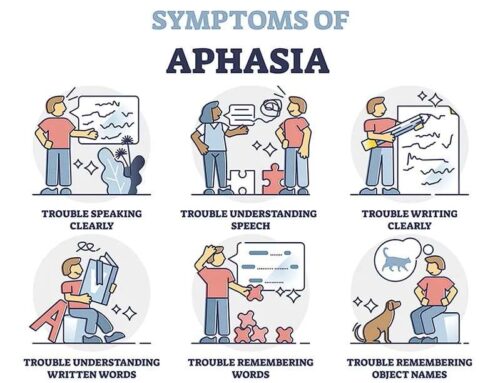Individualized Education Programs (IEPs) are a vital part of the education system for students with disabilities. An IEP is a written document that outlines a student’s individual educational goals and the services they will receive to help them reach those goals. IEPs are developed by a team of people, including the student’s parents, teachers, and other professionals.
What is an IEP?
An IEP is a legal document that is required under the Individuals with Disabilities Education Act (IDEA). IDEA is a federal law that guarantees a free and appropriate public education (FAPE) to all students with disabilities.
IEPs are designed to meet the individual needs of each student. They take into account the student’s strengths, weaknesses, and learning style. IEPs also include goals for the student and how those goals will be measured.
Who is eligible for an IEP?
Students with any type of disability may be eligible for an IEP. This includes students with learning disabilities, intellectual disabilities, emotional disabilities, physical disabilities, and sensory disabilities.
To determine if a student is eligible for an IEP, the school district will conduct an evaluation. The evaluation will assess the student’s academic skills, cognitive abilities, social-emotional development, and other areas.
What is included in an IEP?
An IEP typically includes the following information:
- The student’s present levels of performance in academic and other areas
- The student’s annual goals
- Special education services and supports that the student will receive
- How the student’s progress will be measured
- How the student will be involved in their own education
How is an IEP developed?
IEPs are developed by a team of people, including the student’s parents, teachers, and other professionals. The team will meet to discuss the student’s needs and develop a plan to help them reach their goals.
The student’s parents are important members of the IEP team. They have the right to participate in all aspects of the IEP process, including developing the IEP, attending meetings, and making decisions about their child’s education.
How often is an IEP reviewed?
IEPs are reviewed at least once a year. At the annual review meeting, the team will discuss the student’s progress and make adjustments to the IEP as needed.
Parents have the right to request an IEP meeting at any time. If a parent has concerns about their child’s education, they should contact their child’s teacher or special education case manager.
Tips for parents
Here are some tips for parents of students with IEPs:
- Get involved in the IEP process. Attend all IEP meetings and participate in the development of the IEP.
- Ask questions. Don’t be afraid to ask questions about the IEP or your child’s education.
- Be clear about your expectations. Let the IEP team know what you expect for your child’s education.
- Advocate for your child. Be willing to speak up for your child and fight for their rights.





Leave A Comment